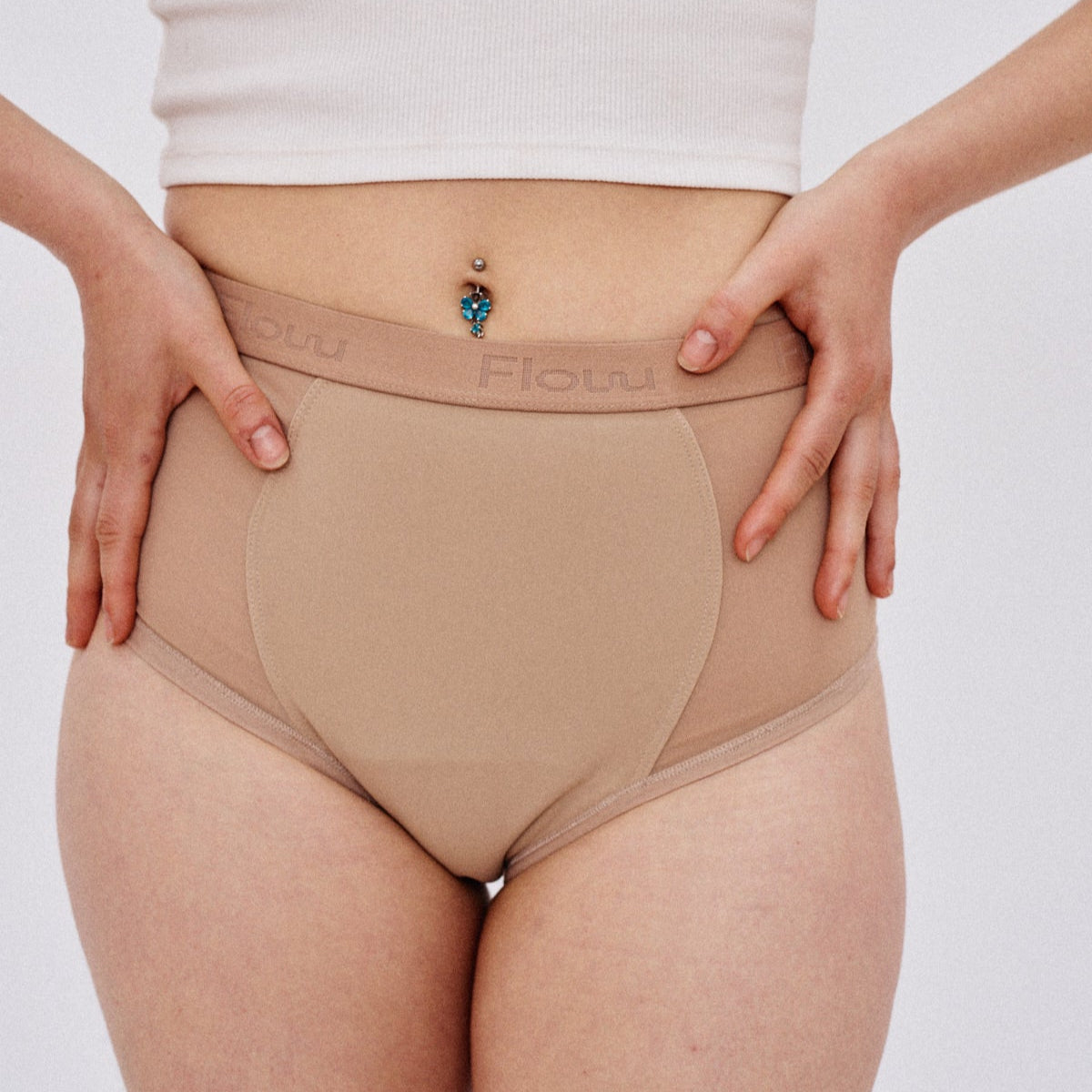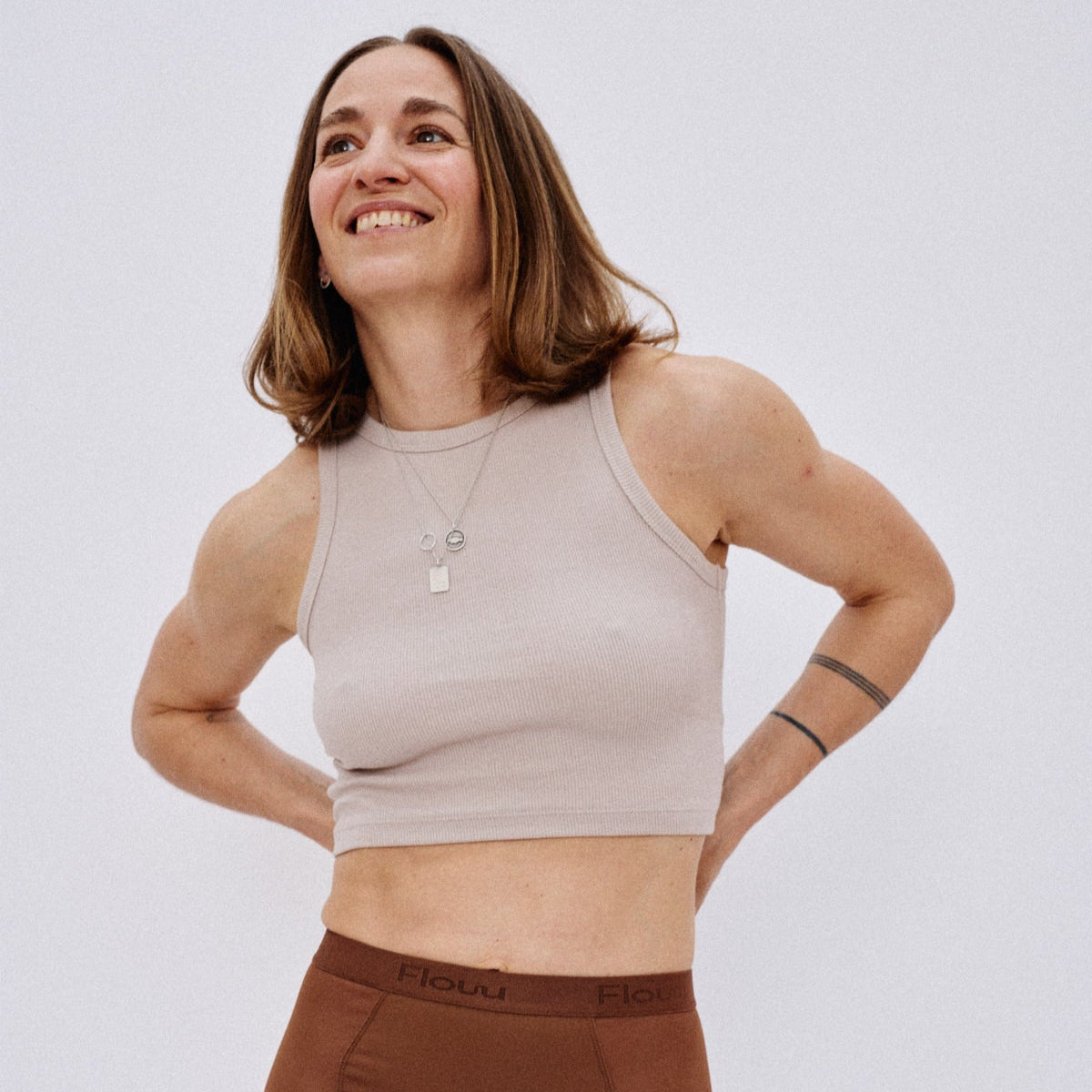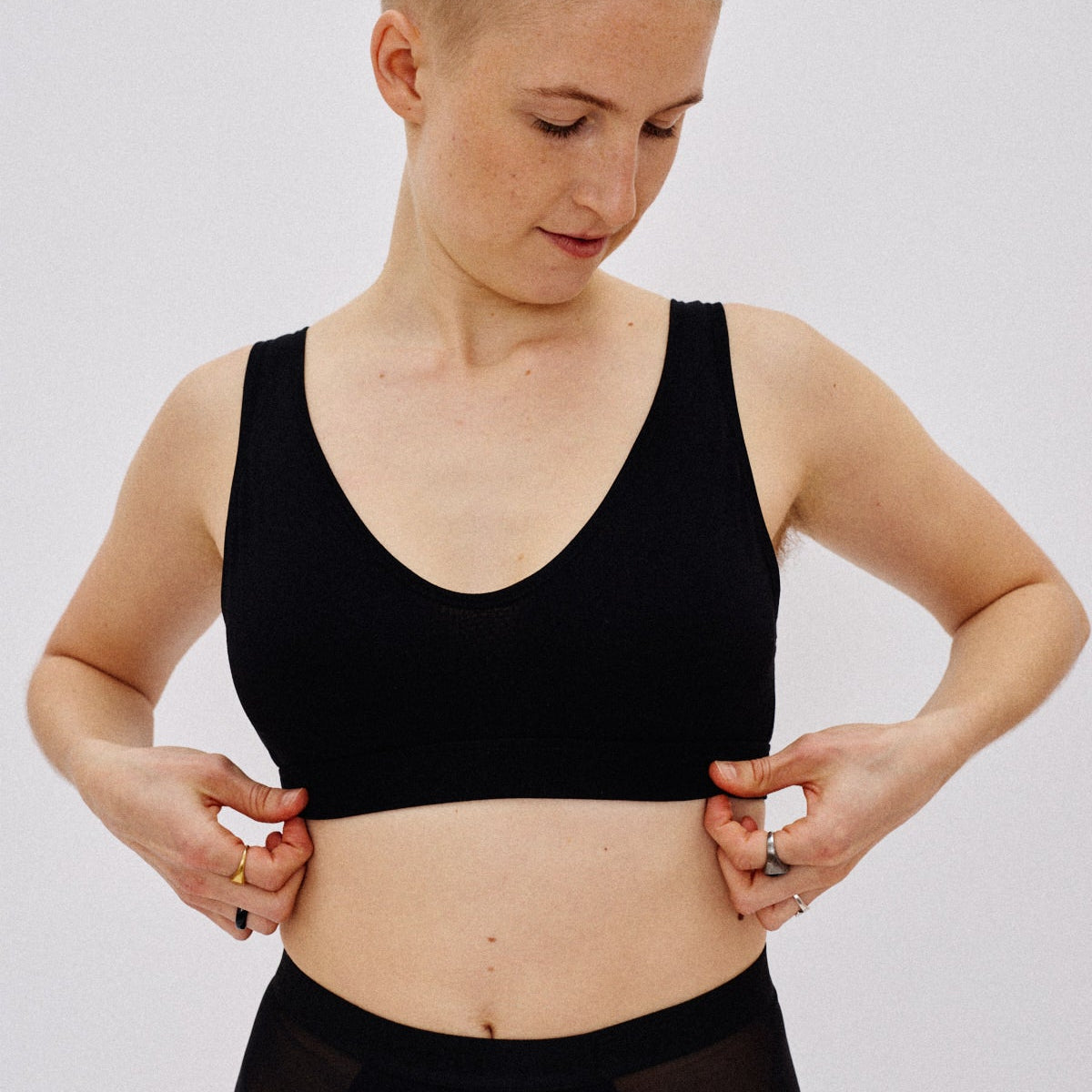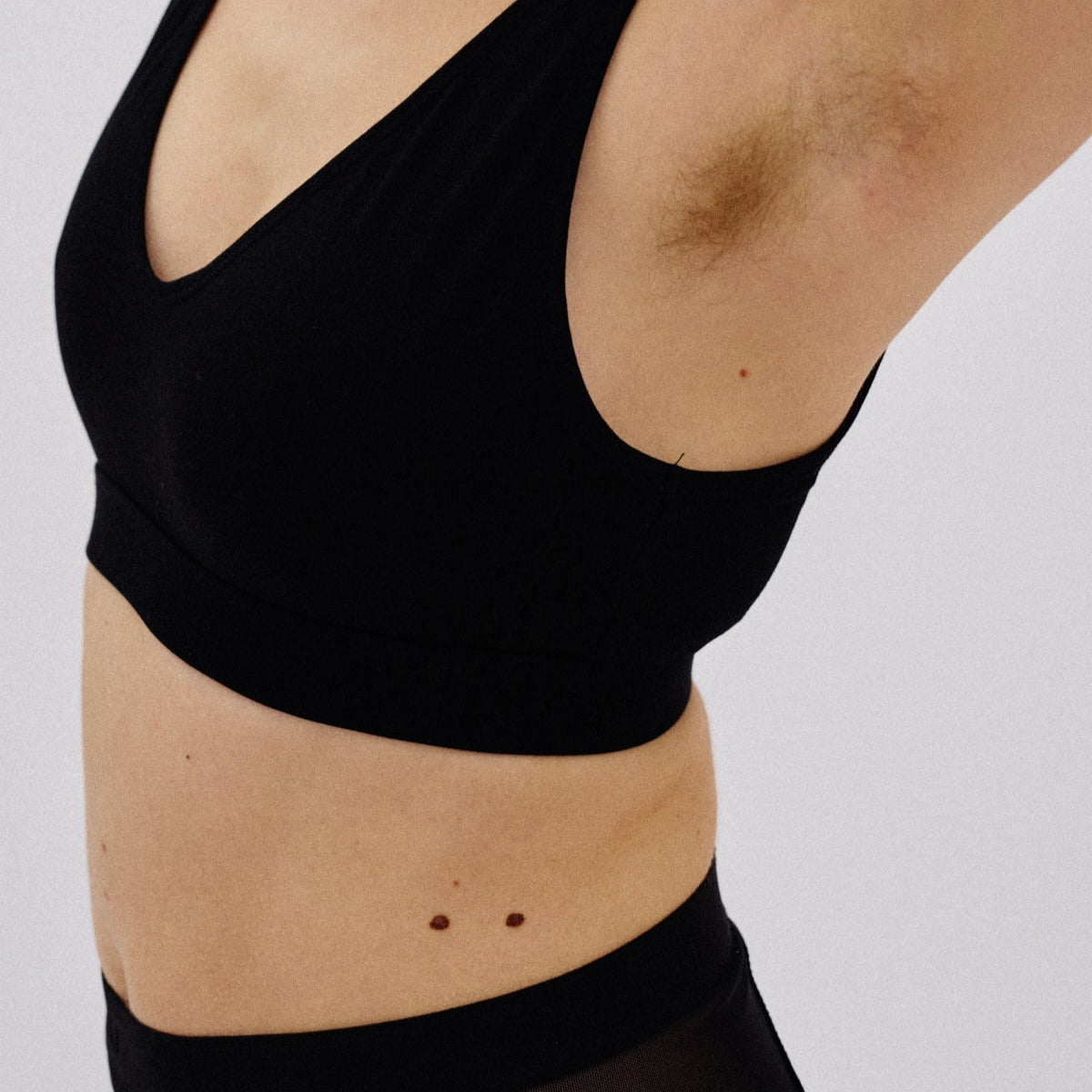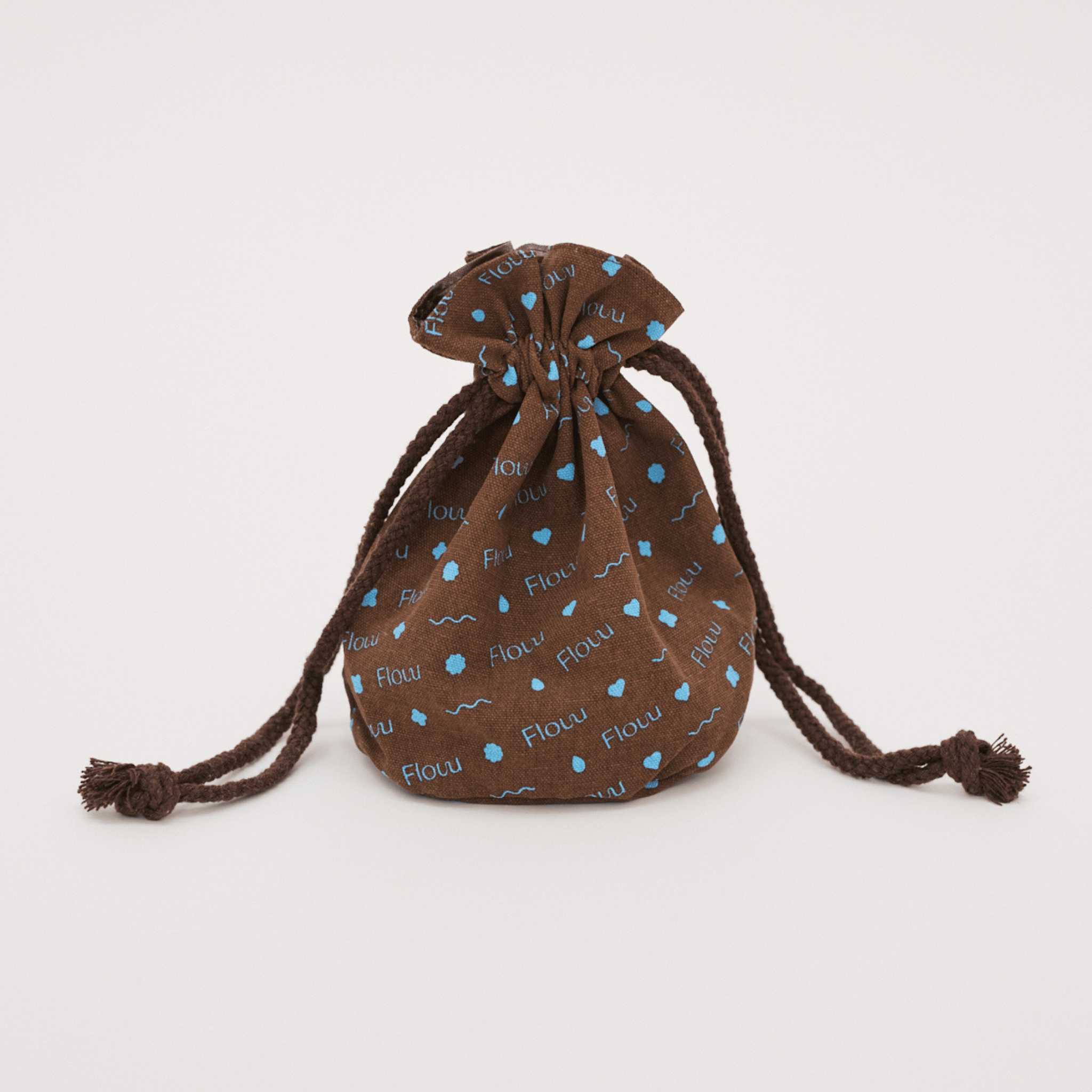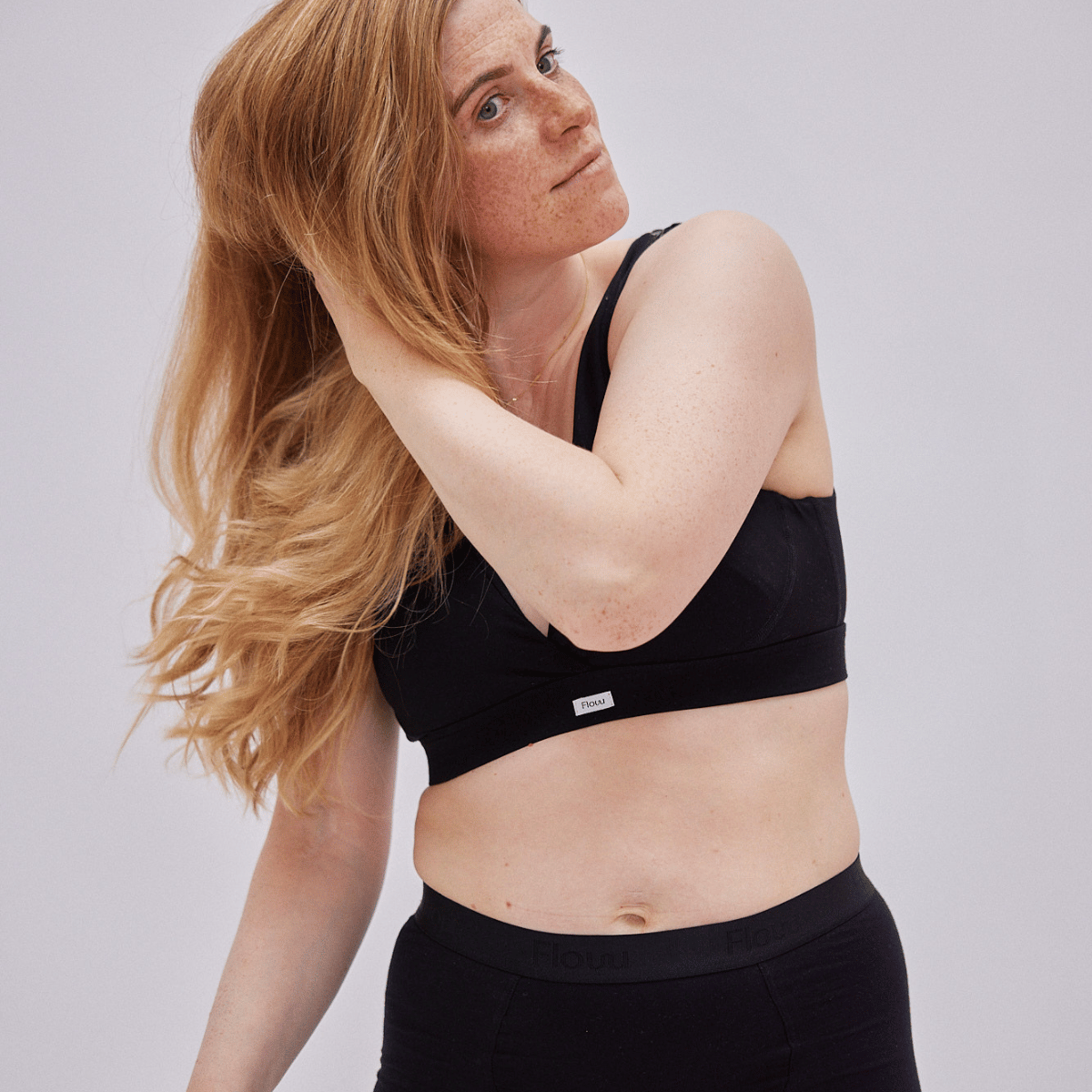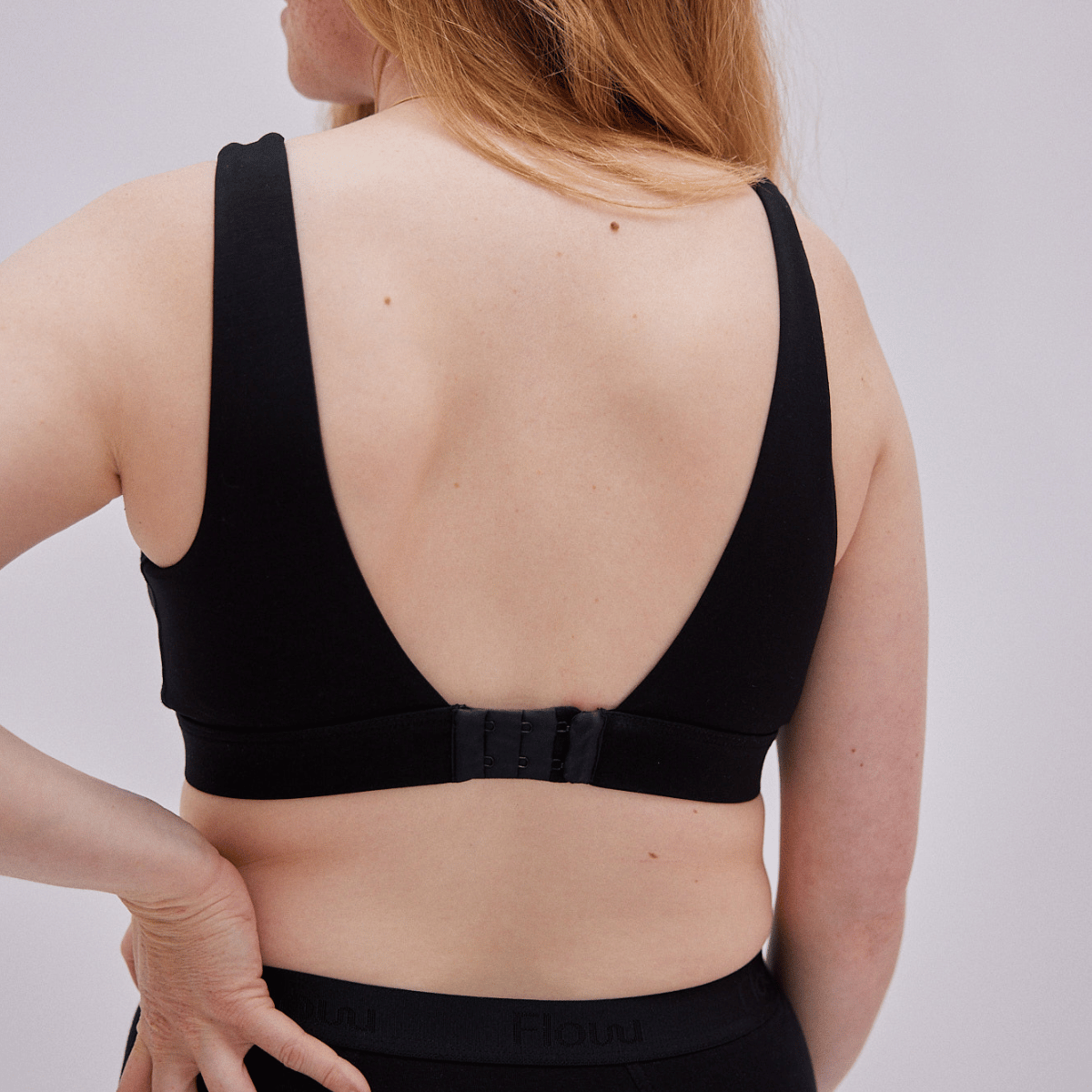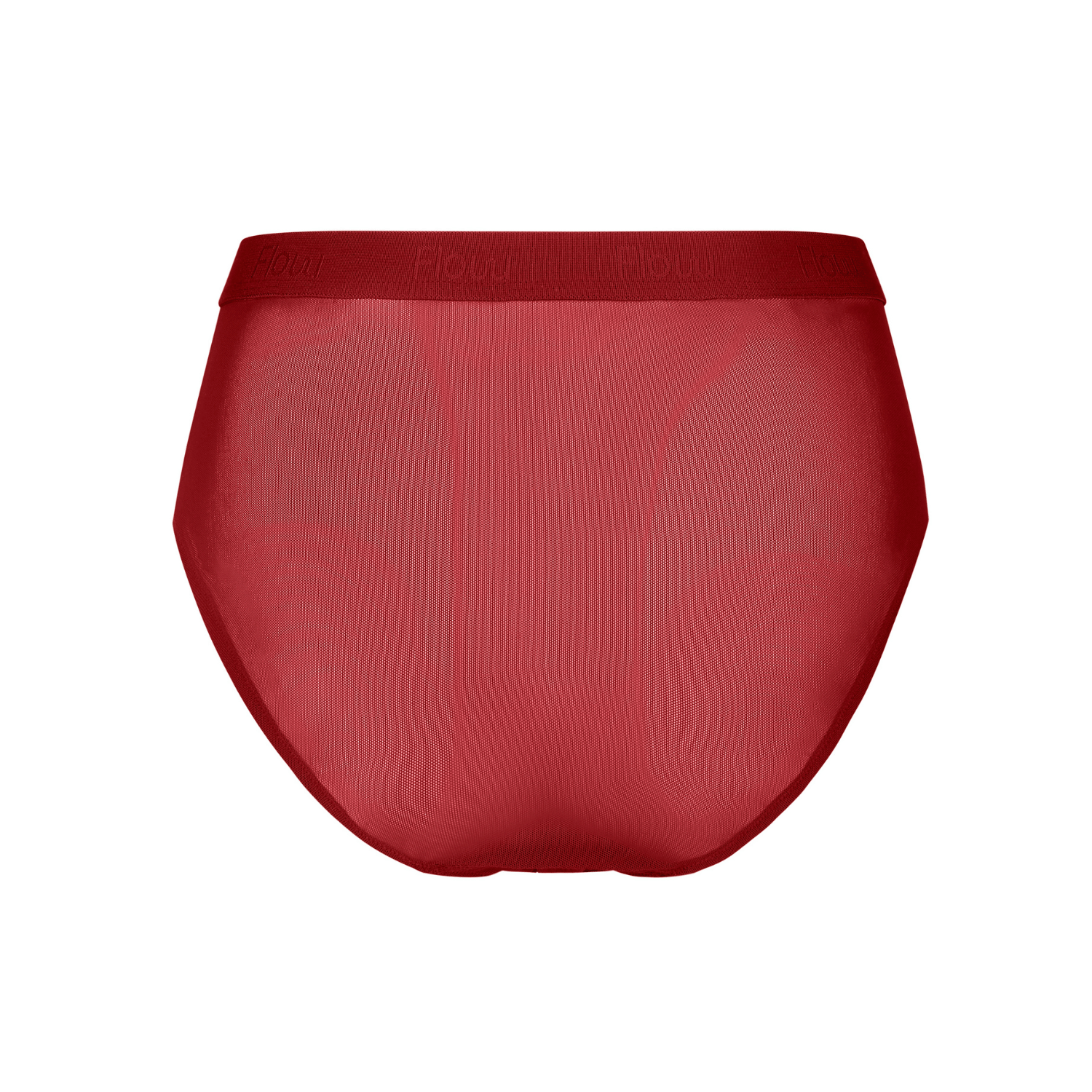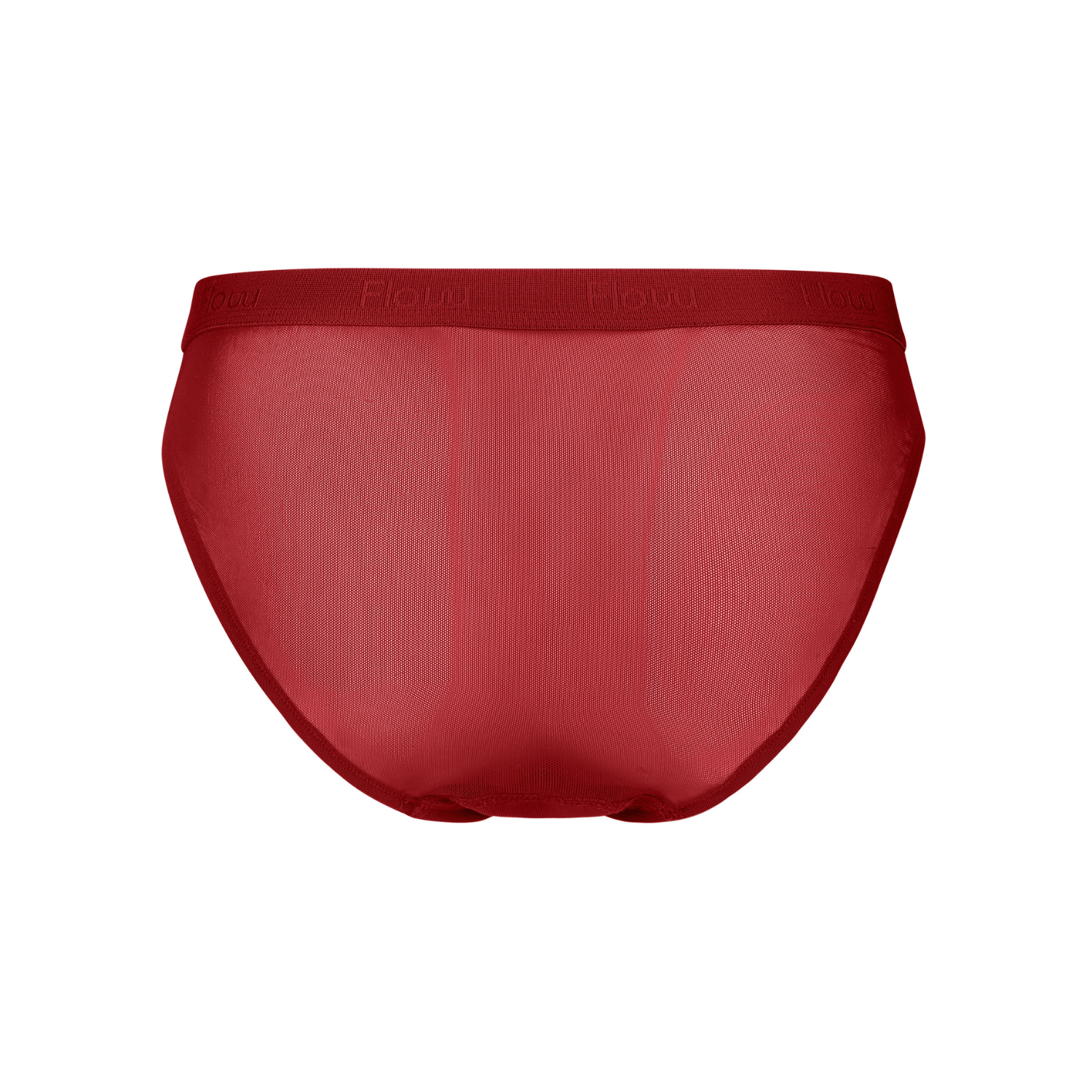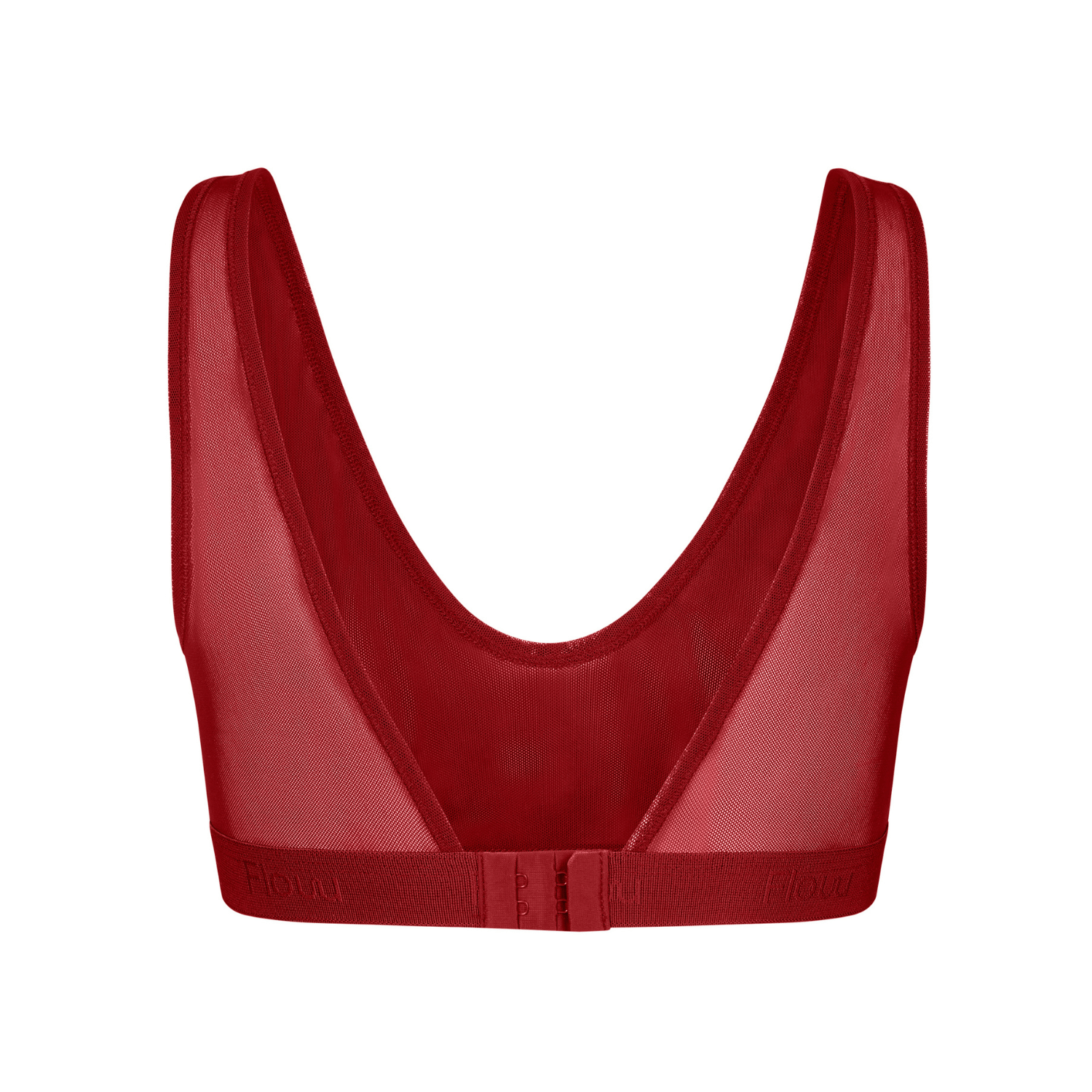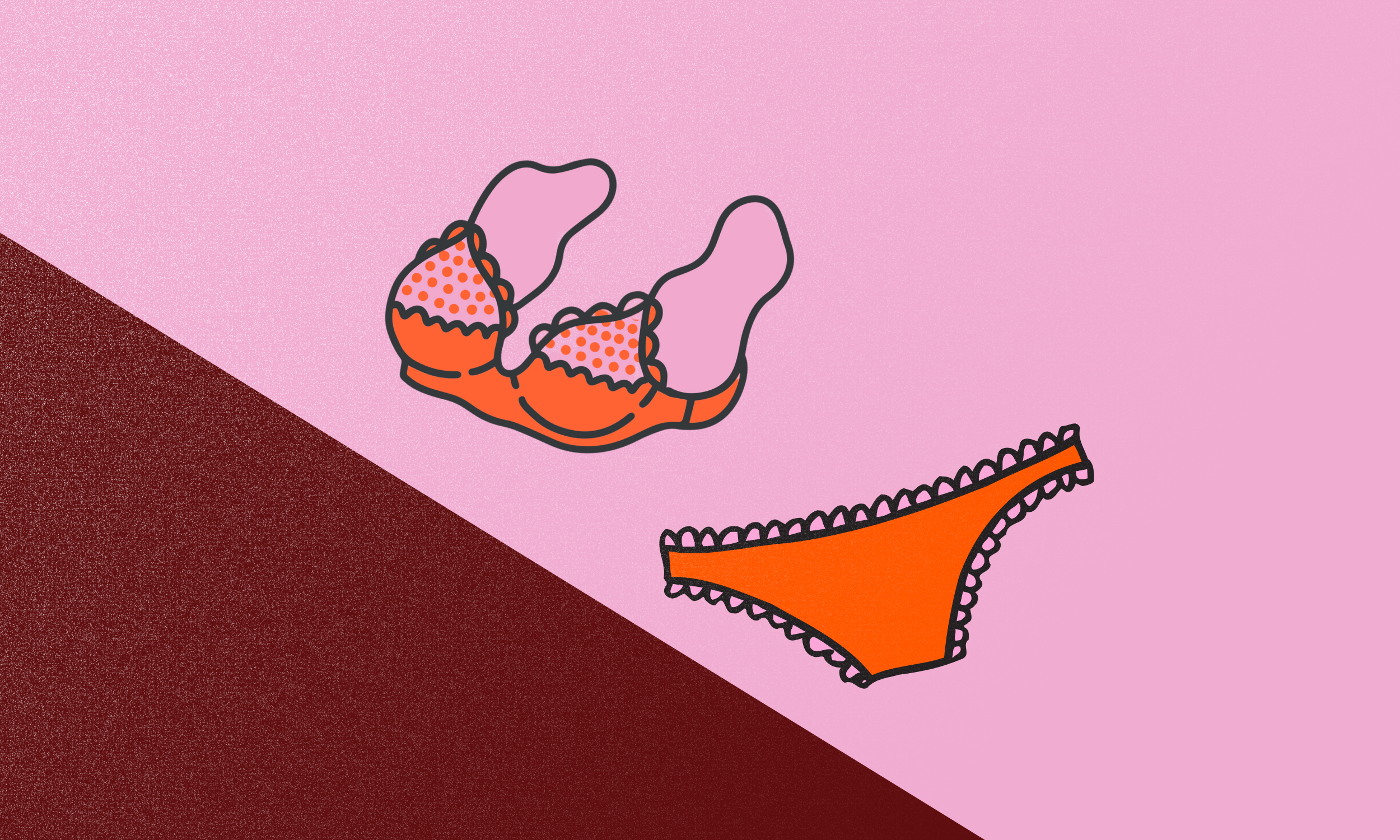Doctor Amani Meaidi on Safe Choice: "It's a question of patient safety"
In 2020, 416,810 Danish women were prescribed hormonal contraception*, and with 268,390 prescriptions for the birth control pill, it was the most popular solution for preventing pregnancy.
Since the birth control pill was released in 1966, the little round pill has revolutionized the lives of millions of women. Despite its modest size, it fundamentally changed the lives of half of the world's population (those who had access to it). It made it possible to regulate family planning, it gave a completely new access to the labor market, to education - it liberated women - and their sexuality.
And for many grandmothers, that little pill will stand as one of the most special things that happened in their lives. The right to control their own bodies, which it gave them access to to a greater extent than ever before.
But over the past decade, new trends and opportunities have emerged. A new generation of women are demanding the content of their menstrual products - perhaps we are even putting tampons back on the shelf and reaching for the small silicone cup or menstrual panties. And when it comes to protecting ourselves against unwanted pregnancies, we are increasingly challenging the usual preparations, some are replacing them with various medtech solutions that can indicate the fertile window, if not we go completely back to nature and educate ourselves in our own body's signals such as temperature measurements and examining our discharge to map our own cycle.
Lack of mapping of side effects
Since 2012, the number of prescriptions for birth control pills has dropped from 388,258 to 268,390. A significant drop that speaks to the trend we are seeing. Young women who are increasingly taking their health back, with fewer accepting the side effects that are written in small print on the package insert when you open a new pack of hormonal contraception. Risk of depression, migraines, weight gain, certain types of cancer, and even side effects such as suicidal thoughts.
In reality, we only know a small sample of the side effects of hormonal contraception. Because there has never been a national, broadly representative study of them. According to physician, researcher and postdoc Amani Meaidi, there has probably never been any interest in it. Despite the fact that the vast majority of women of reproductive age will use a hormonal contraceptive at some point in their lives. But that is changing now.
Amani and two female colleagues have started Safe Choice . A national study that aims to discover, investigate and describe side effects of hormonal contraception. And for once, the research team's biggest challenge has not been to obtain funding (thanks to a large donation from Health Insurance Denmark of 6.5 million kroner) - even though it would normally be the most common stop for research into women's-related diseases and issues (only 1-3% of the global funds given to research are given to areas specifically related to women's diseases). The biggest challenge is low-level practical: getting answers back to the surveys that are sent out.
A question about patient safety
And that's important. Because the study is ambitious. It's the largest study of hormonal contraception side effects to date. One million Danish women aged 15-45 have been or will be invited to the study via e-book. But right now only 10-15% respond. And to validate the results, a minimum of 50% must respond. And that applies to women who have used or are using hormonal contraception - but also those who don't or never have. And that's regardless of whether you experience side effects or not. It's important to have a broad representation to achieve the optimal comparison group in the study.
"We know some of the major, serious side effects of hormonal contraception, which are registered when they occur. But we also have patients who experience mood swings, weight gain, anxiety - and they may never be registered, for example because women do not associate them with their contraception. Or they are considered so minor that they are not taken seriously."
With her rapid flow of speech, Amani Meaidi seems incredibly passionate about women's health, and when we ask what motivates her, the answer comes quickly: "I don't see this as a feminist project or myself as a feminist. I'm a doctor, and I have to say that the research in this area is completely lacking. So this is simply a patient safety issue. It doesn't align with my moral compass and my professionalism that I advise female patients within my field of expertise, gynecology - without having the evidence completely in place. And I don't have that, we as doctors don't have that. Our research is decidedly lacking when it comes to the impact of contraception."
It's hard not to wonder why the data doesn't already exist when it's been almost 60 years since the pill was released, why does it have to take so long?
“That's a really good question,” says Amani, “It's so complex. Women have been neglected in medical research for centuries. Drugs have been tested on men, we've used male mice and not female mice in the labs. All of medical science is based on the 'reference man', and of course there is a huge male bias . It's expressed culturally, historically, medically and politically. Women have been and still are under-prioritized in the world of medicine. But we are seeing a generational shift among both doctors and patients. We are seeing women who are blessed with rights that their grandmothers fought for, but who are also ready to make new and reasonable demands. Where we used to be willing to accept serious side effects like blood clots and increased suicide rates because the freedom we gained over our own bodies was so precious, younger women are speaking out, despite decades of doctors, sex education teachers, and parents agreeing that these are acceptable side effects.”
Research on a voluntary basis
Today, there are three types of hormonal IUDs, all of which release different concentrations of the hormone progesterone, which prevents pregnancy. And in her latest publication, Amani Meaidi has shown that the hormonal IUD with the lowest dose of hormone actually increases the risk of ectopic pregnancies more than the other hormonal IUDs on the market. Pregnancies outside the uterus, which in the worst case can be life-threatening. “It is even typically the hormonal IUD that we give to younger, fertile women,” notes Amani. Research that she has done in her spare time, without funding. This is actually the case with 80% of Amani's research, she estimates. It is done on a voluntary basis, without funding. Also the research she has done in medical abortions, which has meant that 60% fewer women now experience complications from medical abortion. It required something as simple as rolling out an e-course to gynecologists . The passion for gynecology that Amani possesses is clearly evident to anyone within a few minutes of a conversation with her.
Maybe there should be fewer but safer forms of contraception?
There are high expectations for what Safe Choice can contribute. One is to map out new side effects. “New knowledge about a medicine's side effect profile will almost always emerge after it is rolled out to the general population rather than in laboratories or in the small clinical studies that are carried out before the medicine comes to the market. For example, we also saw this with some types of the corona vaccine, which were first shown to cause blood clots when it was used by millions of people. This is to be expected. And that is also why it is important that we get as many responses back as possible. Because regardless of the medicine, we must always map out the advantages and disadvantages of it, and it should be the case that there are more advantages than disadvantages when we prescribe.”
In the long term, the goal is to be able to develop a digital tool that can show a user which form of contraception is the most gentle for her. Here, you will be able to enter various information with your health information and thereby also choose the right form of contraception with the fewest possible risks. A bid to bring personalized medicine into the world of contraception, which in the past has been prescribed very broadly without much consideration for the individual.
"I want to create as much evidence in this area as possible - and honestly: initiate a debate among colleagues, perhaps shake up the perspective a little that the benefits of all contraceptives outweigh the disadvantages. Can I show that the smallest hormonal IUD has a very unfavorable effect without having the big advantage over other hormonal IUDs? Because then we might have to clarify what contraception is available. And we should have just as high demands within hormonal contraception as within other medicines."
What can you do yourself?
- Participate in the survey if it has been sent to your email. It takes about 20 minutes - and please respond regardless of whether you have experienced side effects or not.
- When you go to the doctor to talk about contraception, mention all the problems you have, nothing is too small: Do you have a tendency to cystitis? Headaches? A history of blood clots in the family? Even if you don't yourself connect its relevance to your choice of contraception.
- Ask for information. You need to know that the hormones in birth control affect all the organs in the body. And you need to be able to make the right decision for you based on that information.
Read more about Safe Choice here .




